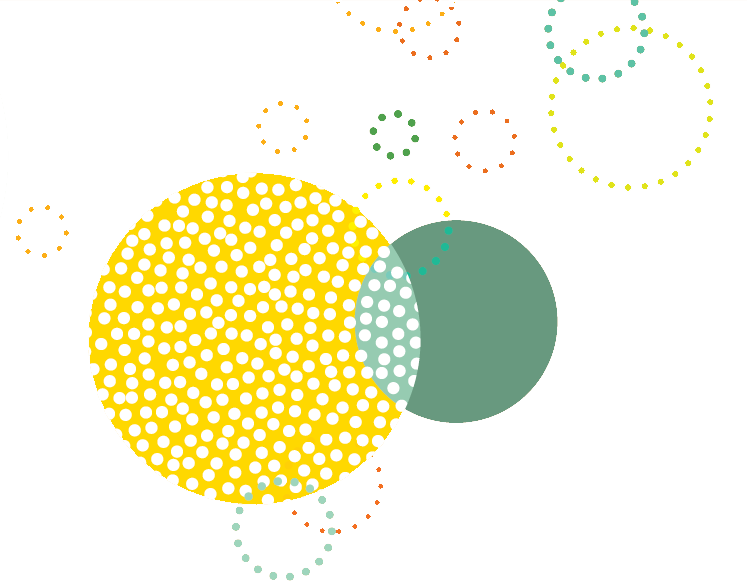
The Childhood Resilience Study
There is now a lot of evidence to show that trauma and stress impacts on children's health and wellbeing, and can have enduring consequences throughout their lives. It is also clear that some children who have difficult or stressful times in childhood do very well despite having these challenges. The Childhood Resilience Study is a five year study that is aiming to develop a better understanding of how this happens, and in particular, how children grow up to be strong and resilient.
Resilience is a dynamic process of drawing on strengths within yourself and/or in your environment (e.g. family, community) to navigate significant challenges in life.
What is the study about?
There has been a lot of investigation into what supports positive adult outcomes after a difficult or traumatic childhood experience.
But we know that for many families, multiple challenges often occur together, and can continue over time.
We wanted to understand what is important for children to be resilient and grow up strong in families who may be experiencing ongoing and multiple challenges such as poverty, discrimination, family violence, or intergenerational trauma.
What does this study add?
Despite the growing interest in resilience and resilience research, there are few resilience measures for children, particularly socially and culturally diverse children.
We have developed a multi-domain, socially inclusive child resilience measure, which was co-designed with Aboriginal and refugee background communities.
Extensive community consultation and engagement identified resilience factors that were not evident in existing published literature. The measure better reflects the diversity of families in the Australian community.
What’s next?
Over 1000 families and 809 children have completed the new Childhood Resilience Questionnaire, this includes 190 Aboriginal Families and 111 families of refugee background. 250 teachers have also completed the questionnaire.
We will use this data to:
Refine the final Child Resilience Questionnaire - carer, child, and teacher versions.
Explore child resilience in different contexts to identify factors that support resilience for all children, and factors that are context specific (e.g. helpful for children exposed to family violence).
Explore child resilience as reported by the child themselves, their caregiver and their teacher.
Where can I read more?









